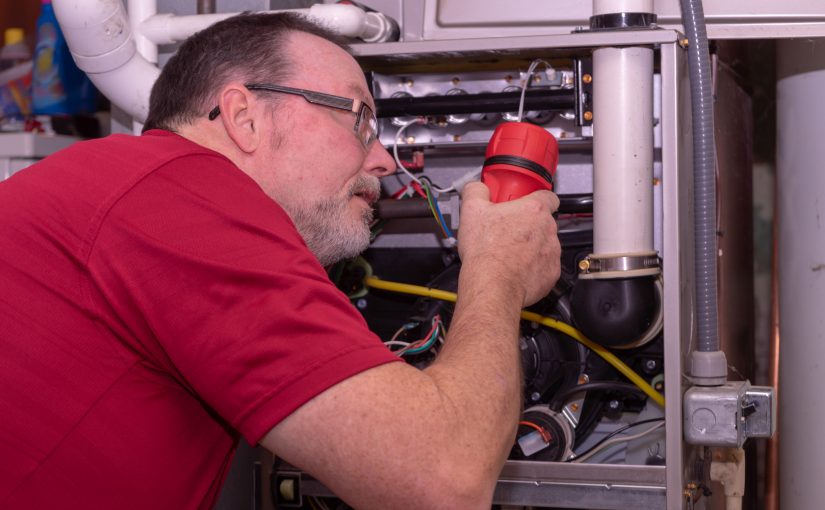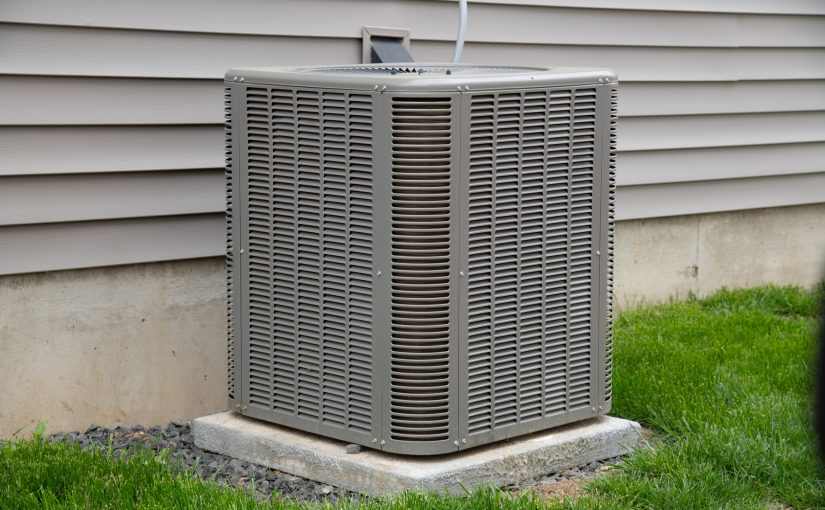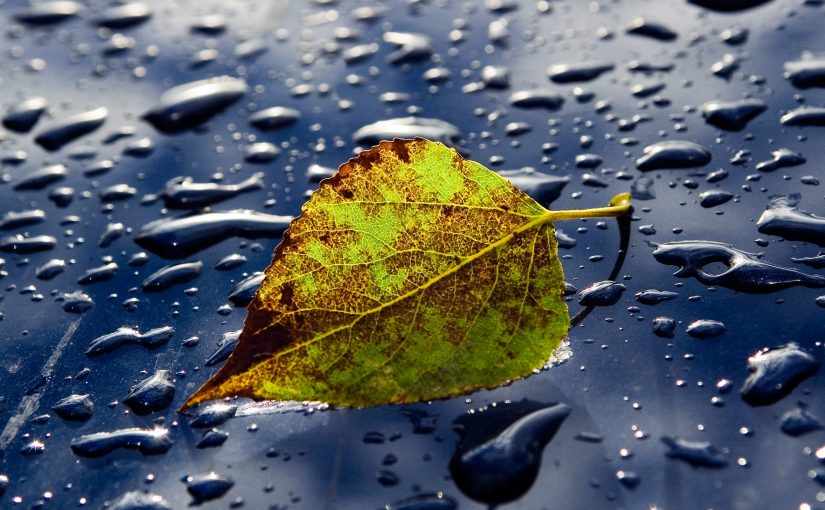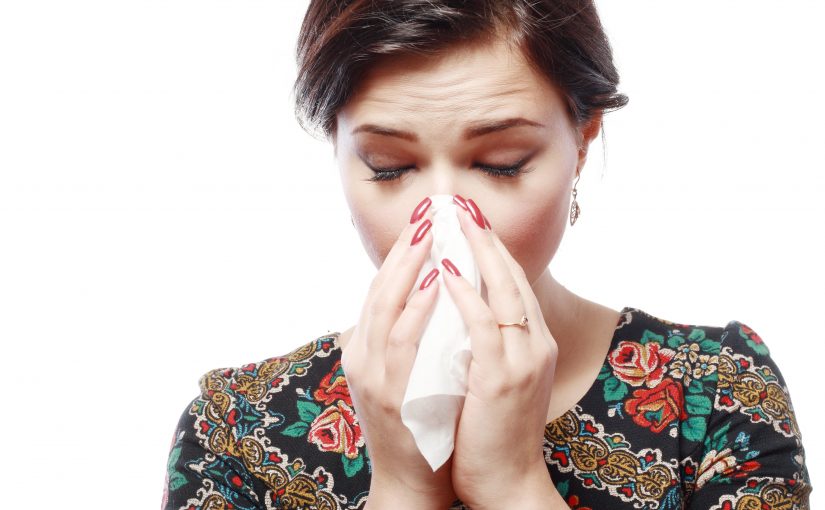There’s no exact expiration date for a furnace, but understanding the factors that impact its longevity and recognizing when it’s time for a replacement can help you make informed decisions.
Average Lifespan
On average, furnaces last between 15 and 20 years, though the exact lifespan depends on the type:
- Gas furnaces typically last 15-20 years.
- Boilers can last anywhere from 15-30 years.
- Heat pumps generally last about 15 years.
- Electric furnaces tend to last the longest, around 20-30 years.
Regular maintenance, such as annual inspections and tune-ups, can help extend the life of a furnace beyond 15 years. If your unit is over 15 years old, upgrading to a high-efficiency model may be a wise investment. Furnaces with the ENERGY STAR® label are often 15% more efficient than standard models, reducing energy costs over time.
Factors That Influence Furnace Longevity
Several factors contribute to how long a furnace will last, including:
- Routine Maintenance: Dirt buildup on filters, fan blades, and other components forces the furnace to work harder. Regular maintenance, including professional tune-ups and filter changes, helps improve efficiency and longevity.
- Installation Quality: Poor installation—such as improperly sized ductwork or venting—can negatively impact furnace performance and lifespan. Hiring a qualified HVAC technician for proper installation is crucial.
- Correct Sizing: A furnace that is too large or too small for your home will cycle inefficiently, causing unnecessary wear and tear. An oversized furnace heats too quickly and frequently shuts off, while an undersized one runs longer than necessary, both of which reduce lifespan.
- Thermostat Settings: Keeping your thermostat at an optimal temperature prevents unnecessary strain on the furnace. The U.S. Department of Energy recommends setting it to 68°F when at home and lowering it when sleeping or away.
Signs It’s Time for a Furnace Replacement
Here are some key indicators that your furnace may need to be replaced:
- Frequent Repairs: If you’ve had multiple repairs in recent years or a single repair costs more than half the price of a new unit, replacement is a better option.
- Unusual Noises: Loud or strange sounds from your furnace may indicate mechanical issues and should be checked by an HVAC professional.
- Old Age: If your furnace is 15+ years old, it may be reaching the end of its lifespan. You can find the age by checking the serial number on the unit or referring to the owner’s manual.
- Rising Energy Bills: A sudden spike in energy costs may mean your furnace is losing efficiency.
If you notice any of these signs, consult an HVAC expert to explore your replacement options, call Air Handlers, Inc. today, 360-357-4428 Ignoring these issues can lead to discomfort, unexpected breakdowns, and even potential safety hazards like carbon monoxide leaks.
How to Extend the Life of Your Furnace
Proper care and maintenance can significantly extend your furnace’s lifespan while keeping energy costs low. Here are a few ways to keep your system running efficiently:
- Regular Filter Changes: Clogged air filters restrict airflow, making the furnace work harder and increasing wear. Replacing filters as recommended prevents these issues.
- Ensuring Proper Airflow: Well-maintained and properly sized ductwork prevents leaks and inefficiencies. If ducts are too small, the system has to work harder, leading to increased energy use and a shorter lifespan.
- Routine Professional Maintenance: An HVAC technician can inspect, clean, and tune up your furnace annually to keep it running efficiently. Regular servicing helps identify minor problems before they become costly repairs.
- Optimal Thermostat Use: A programmable thermostat can automatically adjust settings when you’re away or asleep, reducing strain on the system and lowering energy bills.
- Proper Insulation: A well-insulated home prevents heat loss, reducing the workload on your furnace and helping it last longer.
Choosing a Furnace for Long-Term Reliability
If you’re replacing your furnace, consider these factors to ensure longevity:
- Energy Efficiency Rating: Furnace efficiency is measured by Annual Fuel Utilization Efficiency (AFUE). A higher AFUE rating means better energy efficiency, which translates to lower energy costs. ENERGY STAR® certified models meet high-efficiency standards and may also qualify for tax credits or rebates.
- Proper Sizing: Choosing the right size furnace is crucial. An HVAC technician can perform a load calculation to determine the best fit based on your home’s square footage, insulation levels, and other factors.
- Brand and Warranty: Opt for a reliable brand with strong customer reviews and a solid warranty—typically 10 years or more on key components.
Regular maintenance and smart purchasing decisions can help maximize your furnace’s lifespan and efficiency. If it’s been a while since your last HVAC inspection, or if you’re considering an upgrade, consult Air Handlers, Inc. at 360-357-4428 for personalized recommendations.








